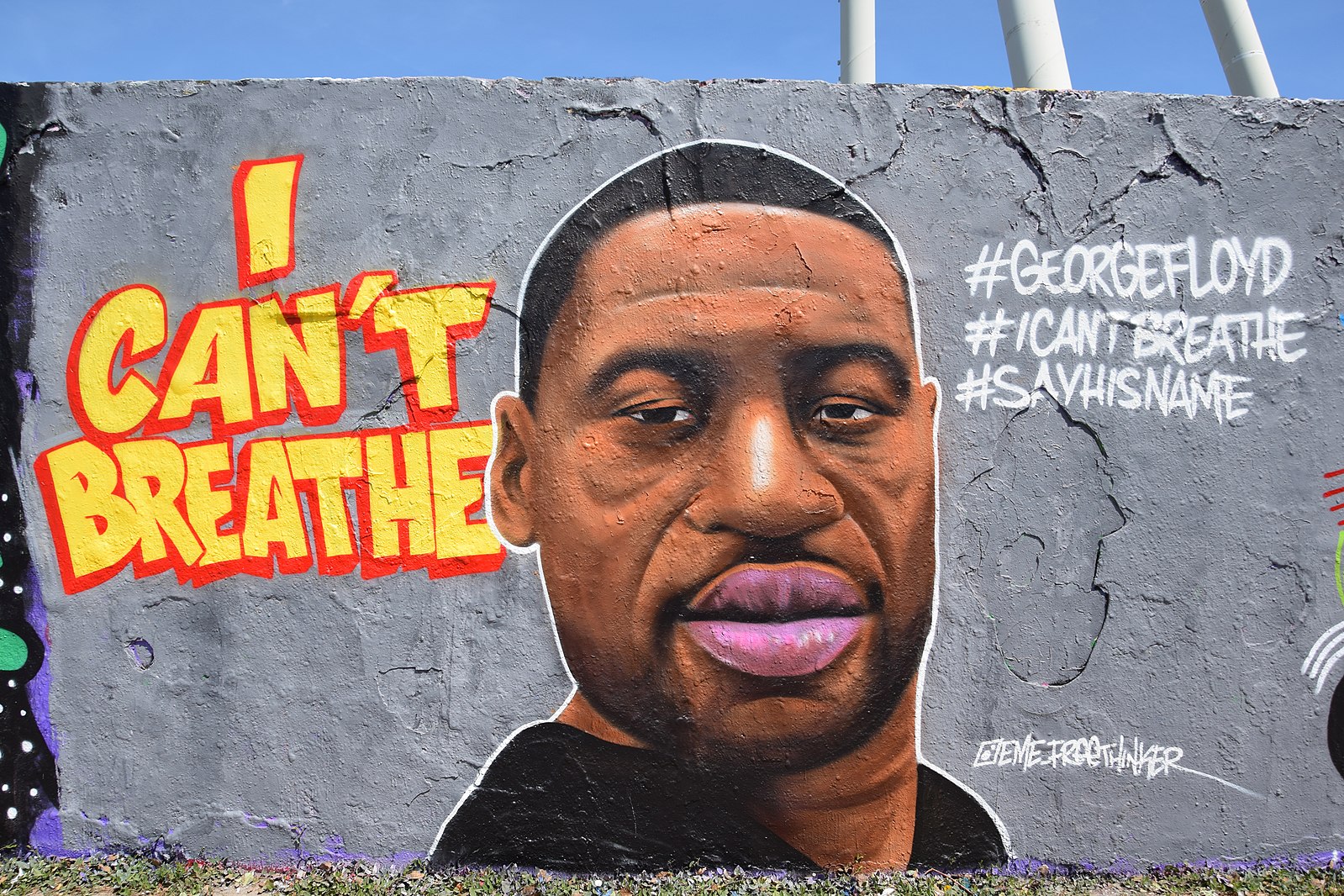On Tuesday 27th April, Derek Chauvin, the police officer who killed George Floyd, was convicted of second-degree murder and manslaughter. George Floyd was an unarmed black man, and his needless, avoidable death led to international outrage and garnered support to the ongoing Black Lives Matter movement. This conviction has been seen by some as a landmark moment in the history of the US justice system, as a police officer is finally being held accountable for unnecessary use of force. Chauvin knelt on George Floyd’s neck for over nine minutes, despite Floyd’s protests that he couldn’t breathe, ultimately leading to his death. This conviction has led to investigations by the US Department of Justice into the practices of the Minneapolis Police Department, for whom Chauvin worked.
The debate around whether Chauvin’s actions were deliberate or not is irrelevant as intentionality should not affect accountability. Leaving a baby in a hot car to die of heatstroke is unlikely to be deliberate – but just as a parent would be accused of gross negligence, so too should the police. While the conviction of Derek Chauvin was a step in the right direction, there is still much work to be done to ensure a fairer policing system for all. A crucial part of this is listening and truly understanding criticism. Take the acronym ‘ACAB’ – All Cops are Bastards. Understanding the sentiment behind this and dismantling the cause of it is vital. Many misunderstand this saying, and become defensive, calling it a gross over-generalisation. Is every single police officer in existence a bad person? Most likely not. But when the system giving orders is based on racism or promotes the normalisation of abuses of power, individuals in that system must help to enforce change.
There has been some progression apparent in the actions of the police officers who came forward to give evidence against Chauvin. The loyalty of the police must, above all, lie with the people they have sworn to protect, not their colleagues, no matter how difficult this may be. Holding those around us accountable is paramount for change to come about. In the case of George Floyd, the other two officers on site did not see an issue with Chauvin’s actions and made little attempt to prevent them. Not only must this bystander culture be dismantled, but investigations into the police must be carried out by external parties, not colleagues or former police officers.
Will the conviction of Derek Chauvin impact the UK at all? It is all too easy to point fingers at the American system, to forget that any racism present in America was born in Britain, and imported along with the enslaved people our country helped provide. There is far less awareness about the historical racial inequality in the UK – we all know about Martin Luther King and Rosa Parks, but how many of us can name a single person from the Black British civil rights’ struggle? Despite what some may think, there is evidence that change must be enacted on this side of the pond as well. Black people in the UK are disproportionately tasered, put in handcuffs and even given COVID warnings. In an official 2015 report tasked by then-Home Secretary Theresa May, it was found that there was racial disproportionality in police restraint deaths and that serious reform needed to be made to decrease the risk of people dying in custody. The death of George Floyd and the conviction of Chauvin has created a ripple effect, and several investigations are now being made into UK police forces, such as the one being undertaken by the Chief Inspector of Constabulary and the one being undertaken by the Independent Office for Police Conduct.
But will these investigations or Derek Chauvin’s conviction really change anything? Or are abuses of power within the police force to be expected? The recent murder of Sarah Everard by police officer Wayne Couzens is another haunting example. A famous psychology experiment, “The Stanford Prison Experiment”, found that participants placed in a position of authority behaved in a way they would not have in their everyday life, that wearing uniform removed their sense of personal identity and that their sadistic behaviour was not viewed with accountability as it had been a group norm. The number of rapes committed by soldiers is so high that there is an entire Wikipedia page dedicated to “wartime sexual violence”, further demonstrating the abuse that often accompanies power. As the proverb states, “absolute power corrupts absolutely”. Further academic research must be done on authority and power and how to wield it responsibly, while on a local level, we must continue to have conversations and educate ourselves on the unconscious power imbalances between races and genders. After all, we all deserve to feel safe and respected.
Tasha Johnson

